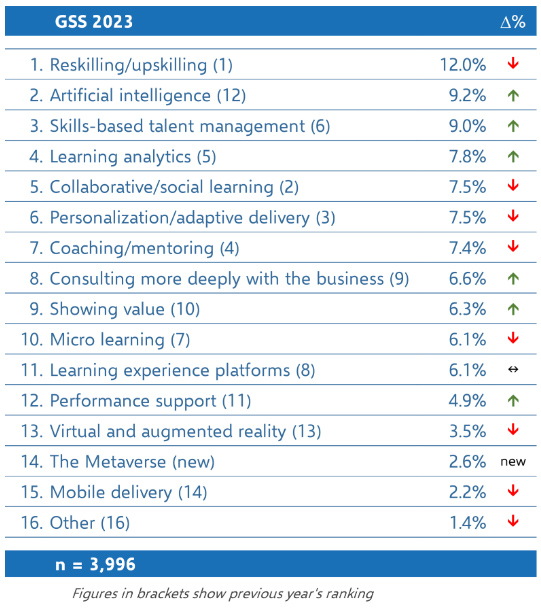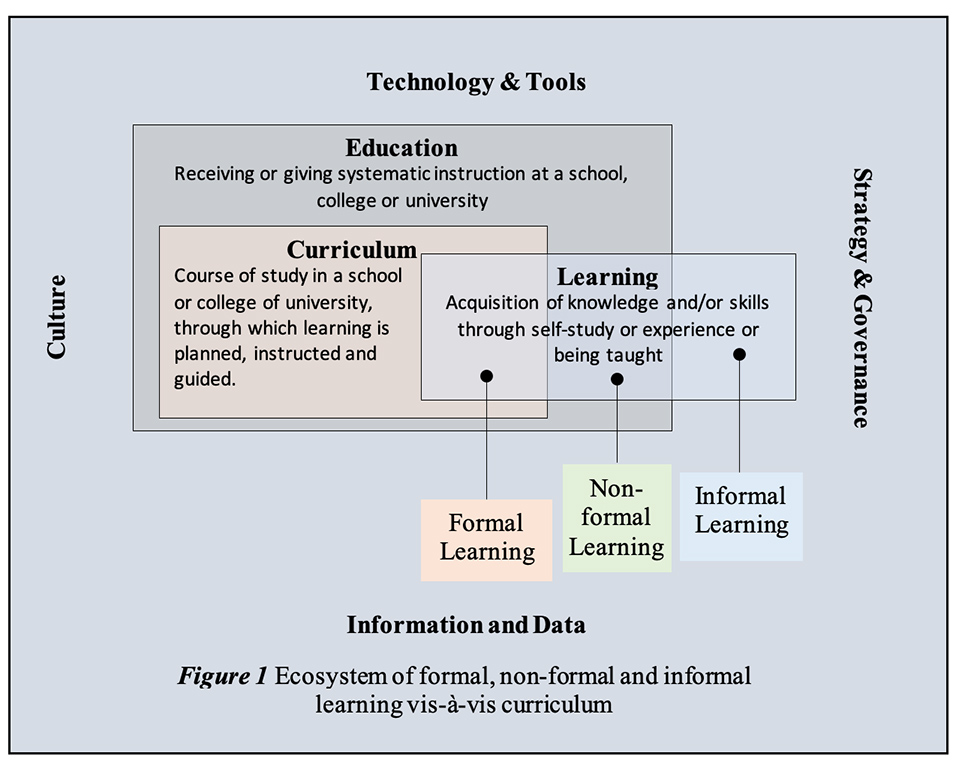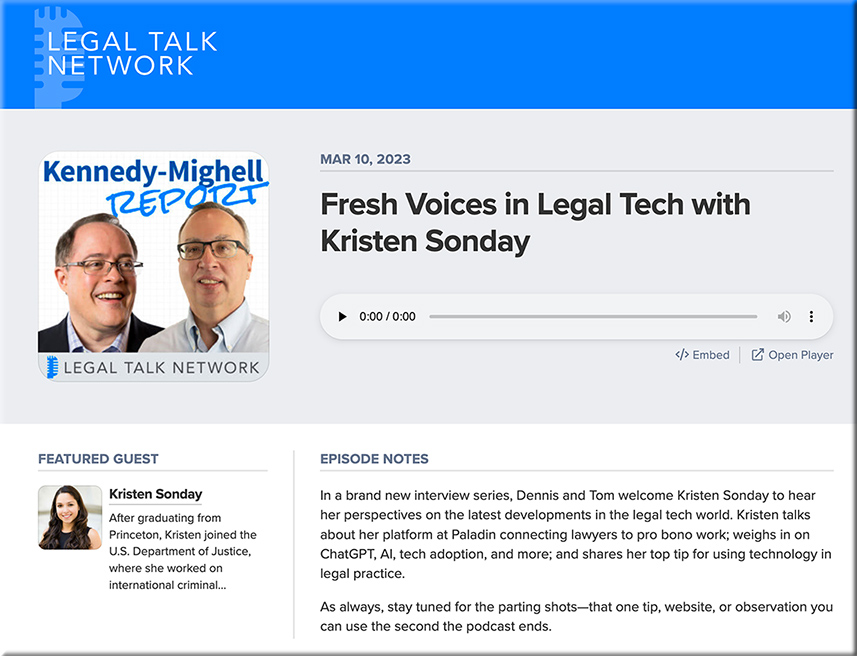7 reasons to get rid of the law degree — from jordanfurlong.substack.com by Jordan Furlong
Requiring a law degree for bar admission imposes unfair burdens on new lawyers and blocks innovation in legal education. Here’s what we can do instead.
Excerpt:
Hey there, legal sector participant! Do you feel that law school is too expensive? That law students graduate too heavily in debt and deeply stressed? That legal education seems impossible to reform? That the whole lawyer development and bar admission system in general is an enormous hot mess?
If so, you’re like thousands of others who’ve grown massively frustrated with the profession’s broken-down approach to developing new lawyers. But I’m here with some good news! There’s a simple and straightforward path to resolving these and many other problems with legal education and bar admission.
We start by getting rid of the law degree.
Now, hold on, let me be clear — I don’t mean kill the law degree itself. That would be crazy.
No, I mean, let’s get rid of the law degree as a mandatory element of the lawyer licensing process. Law schools should continue to offer whatever sort of degree programs they like — but legal regulators and bar admission authorities should no longer require everybody who wants to be a lawyer to get one.
From DSC:
I need to think on this further, but Jordan could be onto something here…
A better pathway to lawyer licensing — from jordanfurlong.substack.com by Jordan Furlong
No law degree; a single knowledge exam; training in legal, business and professional skills; and a term of supervised practice. This is how we do it.
Excerpt:
Previously here at Substack, I provided a pretty comprehensive takedown of the law degree requirement for lawyer licensing. It generated a ton of fascinating and gratifying feedback, here and especially at LinkedIn, with a few objections but mostly a lot of support.
Of course, it’s easy to criticize legal education — fun, too — but look, most people in the legal profession already know all the problems with the law degree, and complaining about it is kind of a vacuous pastime. What I’m really interested in here is a bigger and more important question: How does — how should — someone become a lawyer?
















